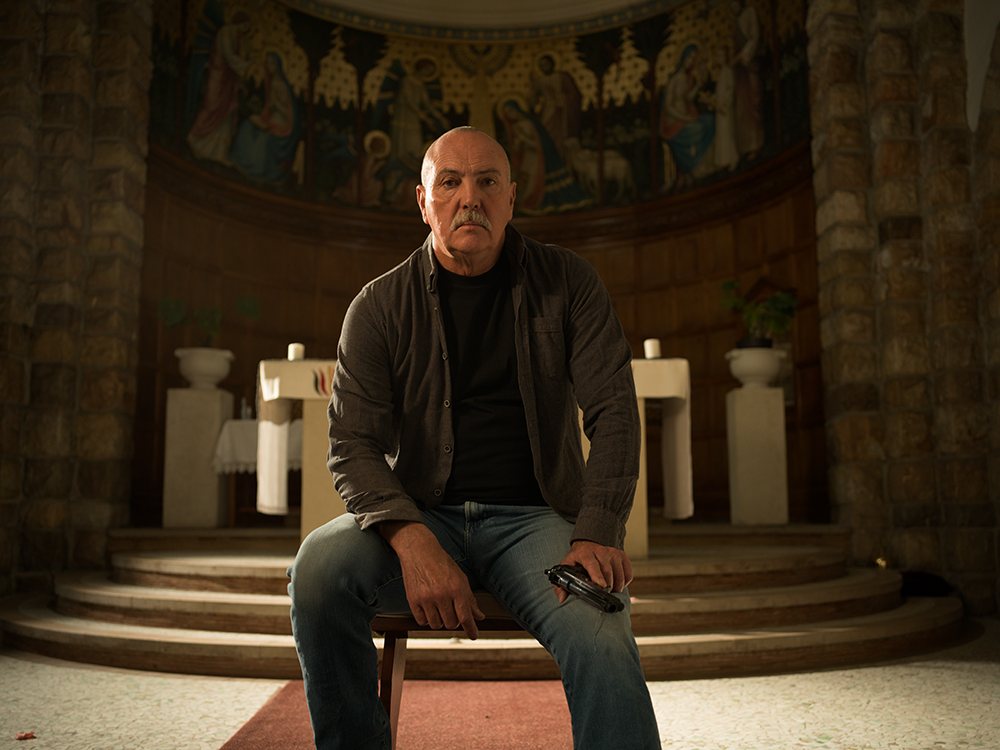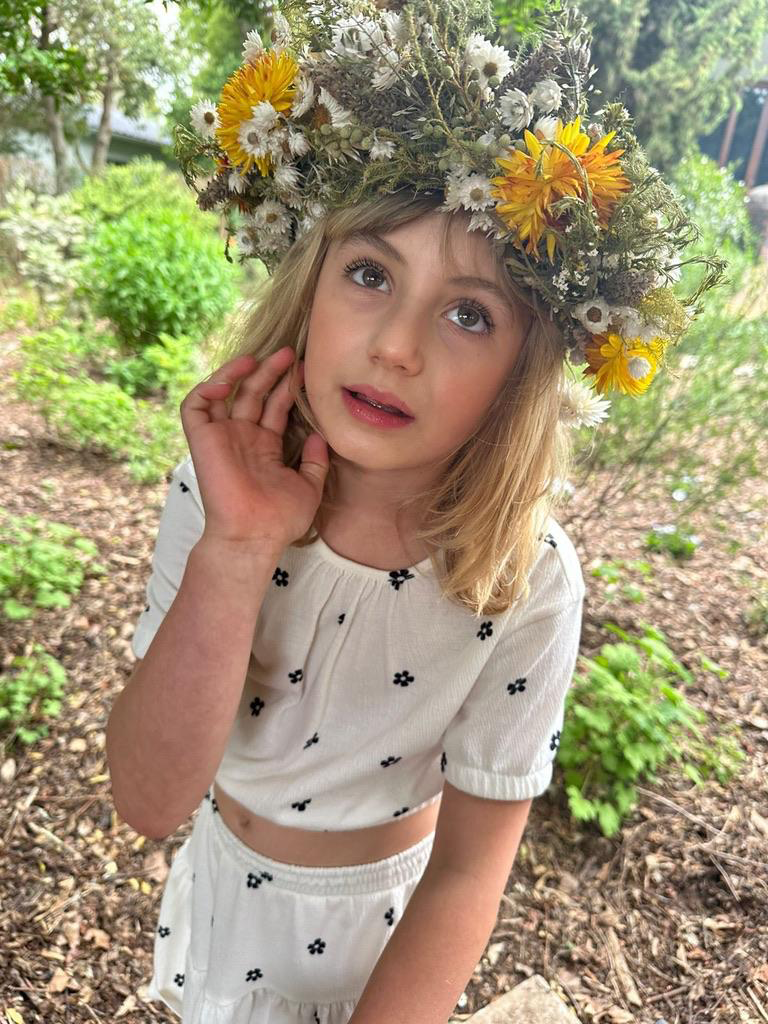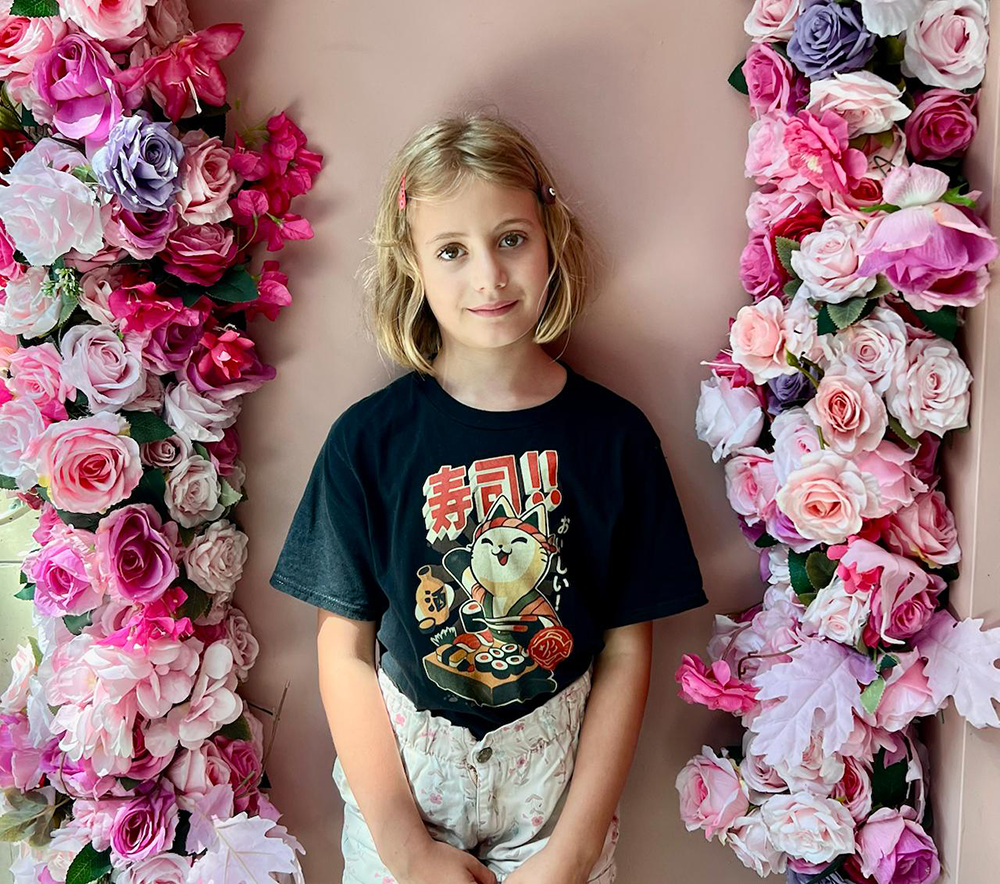


Independent Short Film: Engel
With the experimental short film Engel, seasoned filmmaker Jozua Malherbe adds a story about love, loss, and everything that makes us human, to his acclaimed body of work. The film, which runs for a brief four and a half minutes, originated from a poem penned by Malherbe himself. His daughter Charlotte stars in the lead role.
Jozua shares more about the creative process behind Engel.
Engel is worlds apart from your previous films or TV work. How does it fit into your oeuvre?
This piece represents my current stage in my creative career. It was almost inevitable – something I had to make. This has a lot to do with the creative process itself. I wanted to create something that wasn’t outcome-driven, that didn’t need to fit into a specific box. I wanted it to be guided by instinct, intuition, and inspiration, and to continue shaping it until it felt like it had arrived at the right place.
So, Engel is a very instinctive piece. It began with a poem, followed by a series of fragmented images I jotted down and began sketching. Only after that did I write a script. We started shooting, I reworked the script, and we filmed a bit more. This process really shaped the final result, and the personal challenge for me was having the courage to approach it this way.
What inspired the original poem?
It’s a combination of individuality and the freedom that comes with it, as well as the demands and complexity of fatherhood. How care and fatherhood can make you more human – and the attempt to capture that. But also how it sometimes conflicts with individual freedom, and what we think about that. Those were the emotions I wanted to explore and express.
You mentioned following your instincts – what did you listen to, and what did you ignore?
There’s a lot that didn’t make the final cut, and I think trusting the process helped me get to the final product. Just because I filmed something doesn’t mean it had to be in the edit. And just because something is included doesn’t mean it’s finished. You constantly have to ask: What are you trying to say? What are you trying to capture? On their own, the images might be abstract, but together they leave you with an experience and a feeling. And that’s what the process offers – watching it repeatedly and asking: Does it work yet? Does it make sense?
The images alone don’t necessarily carry meaning, but collectively, something more powerful is at play.
In terms of style and aesthetics, were there certain elements you envisioned from the start?
There’s definitely a fairytale quality to it, and the lighting was executed exactly the way I envisioned. The way the imagery was created, and the various places the characters go were all very specifically planned. For instance, the image of Arnold Vosloo lying in the grave was selected beforehand – that didn’t happen spontaneously on set. Every image you see was written down and thoughtfully considered in advance. But there was also a lot I cut out.
What feeling or impression do you want to leave with the viewer?
That’s not for me to dictate. Let the film do that work. It would be a mistake for me to have a preconceived idea of what I want the audience to feel. No – the film does that work. That’s precisely the point: there are not always words for everything. What it evokes in you emotionally and in your imagination… I can’t attach words to that. That’s why the medium of film is so powerful.
